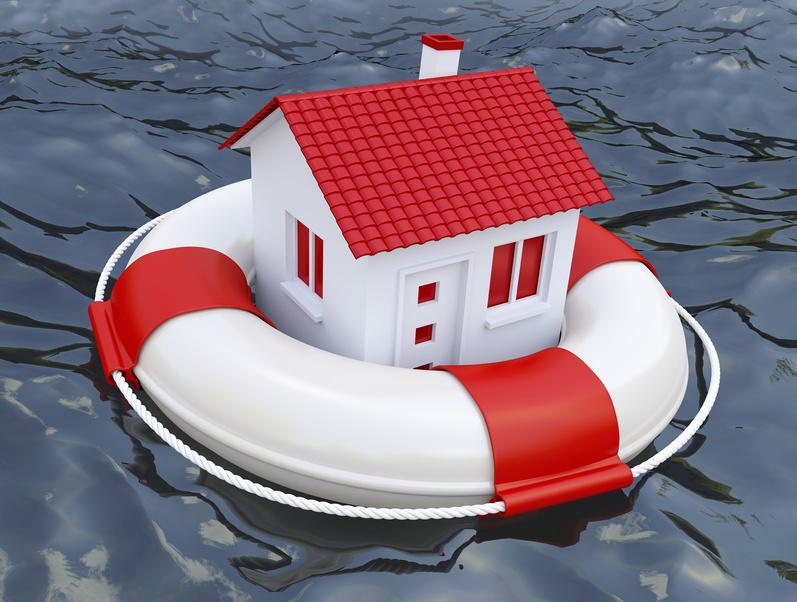Ireland is suffering – or rather the people of Ireland are suffering. It is not just the so-called working classes but also the (lower) middle classes who have been hit by the economic crisis. Even the business and so-called upper classes are being squeezed by the recession. All towns and villages – as well as the cities – are saying farewell to a generation of young (and not so young) emigrants – well educated but unemployed, who wend their ways to Canada, Australia, New Zealand and the USA as well as to some of the better performing economies of Europe such as Germany and France. Even the UK is an attractive destination for some of them.
The ‘B’ word is in vogue and only a lack of imagination keeps the ‘B’ list relatively short: banks, building societies, bailouts, builders, Brian (Cowan), Brian (Lenihan), bluster, boom and burst, bubble, bondholders, backhanders, brown envelopes, bankruptcy, benchmarking … the list goes on. And so do many young men (and women) of twenty – onto the boats and planes to seek their fortunes (or even just to earn decent and honest livings) in faraway lands where they can use their skills, talents, education, qualifications and natural charm to create new lives for themselves.

For those who stay at home either willingly or because they have no real other choices the outlook is bleak. Especially for those who have begun to default on their mortgages. A wave of repossessions is predicted for 2011. Possession orders granted by the courts have increased from over 100 in 2006 (pre the property bubble burst) to over 600 in 2010, a six-fold increase. And that is in spite of the twelve months moratorium which was introduced by the Central Bank code of conduct on mortgage arrears and which applied to the six bailed out financial institutions. And these figures do not include those who have voluntarily surrendered their homes without going through the trauma of court proceedings.
At least 70,000 homeowners are struggling to pay their mortgages, made up of 40,000 who have not paid their mortgage for at least three months and 30,000 who have negotiated changes to their mortgages with their lenders by switching from re-payment to interest only payments. Of the 40,000 at least 12,000 have not made any payments for at least one year. Although repossessions in 2010 were dominated by the sub-prime lenders such as Start Mortgages, 2011 promises to be the year when the mainstream lenders such as Bank of Ireland, AIB, EBS and Irish Nationwide begin to bare their teeth and seek either voluntary repossession (if that’s not a contradiction in terms) or take action through the courts against defaulting debtors.
Paul Joyce, a senior policy researcher on consumer credit law with the Free Legal Advice Centre (FLAC) predicts a sharp increase in the incidence of taking back the keys in 2011. He has called for the urgent setting up of a non-judicial national debt settlement office and has stated that the deadline of March 2012, which was set out in the EU/IMF deal, for a new law to create an out-of-court system to deal with personal debt, would be too late.
However, there is a gleam of hope. In December 2010, the Law Reform Commission (LRC) published its final report on Personal Debt Management and Debt Enforcement and went one step further when it incorporated as an appendix to that report a Draft Insolvency Bill 2010. The heavy lifting has been done. It will fall to the new Irish government, widely expected to be a coalition of Fine Gael and Labour, to enact the legislation and implement the new system when they come into power towards the end of February 2011? And not a month too soon for the thousands of homeowners who are contemplating taking back the keys!